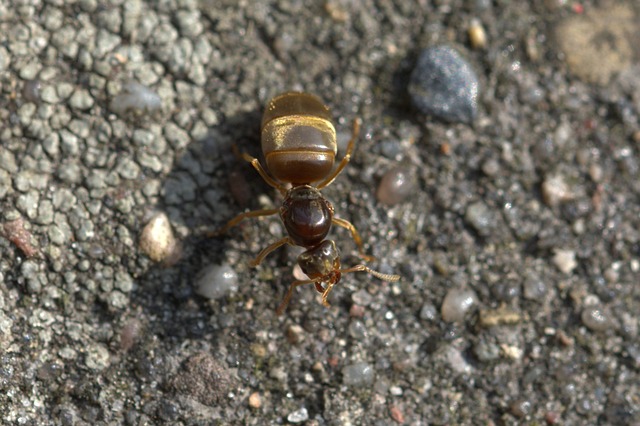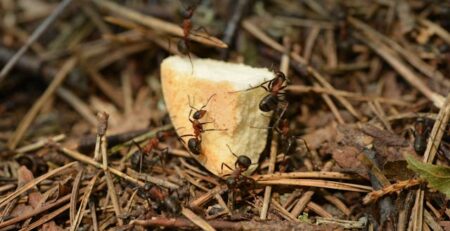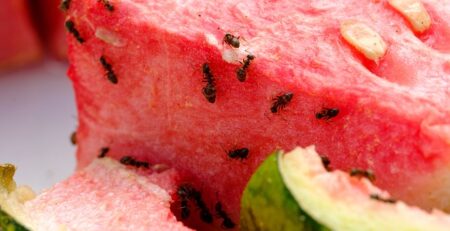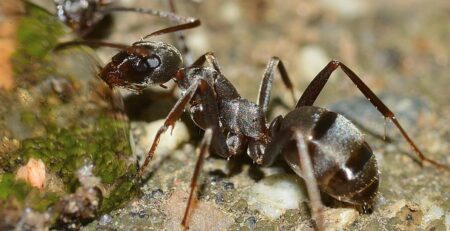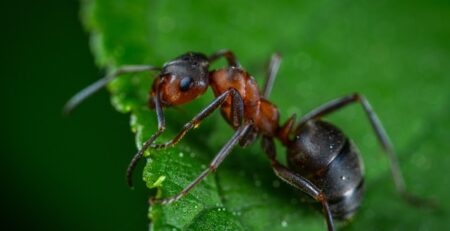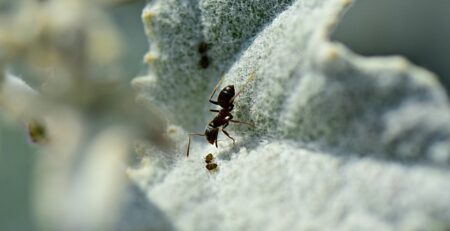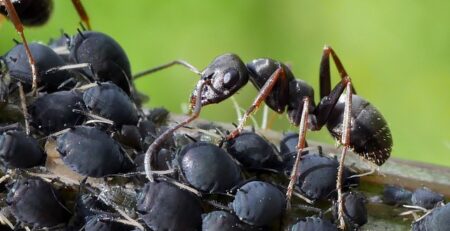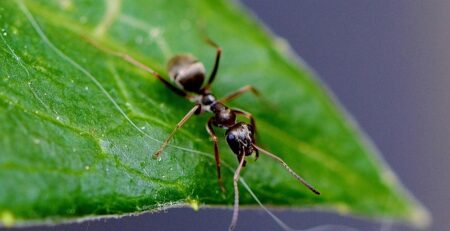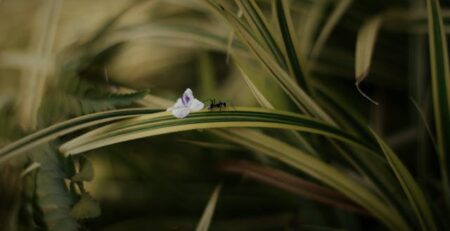Why Are Ants Dying in Ant Farms?
Ant farms, also known as formicariums, are a popular way to observe the intricate and fascinating lives of ants up close. These miniature ecosystems provide a glimpse into the world of these industrious insects. However, it’s not uncommon for ant keepers to encounter the puzzling phenomenon of ants dying within their ant farms. In this article, we will explore the various reasons why ants may perish in an ant farm and how to mitigate these issues.
-
Natural Lifespan
One of the primary reasons for ants dying in an ant farm is the natural lifespan of worker ants. Ant colonies consist of different castes, including worker ants, soldiers, and the queen. Worker ants are typically short-lived, with a lifespan ranging from a few weeks to a few months, depending on the species. It’s perfectly normal for worker ants to die of old age within the colony.
-
Stress and Environmental Factors
Ants are sensitive to changes in their environment and can become stressed when conditions are not suitable. Factors such as temperature fluctuations, excessive moisture, or inadequate ventilation can induce stress and lead to ant mortality. It’s essential to provide a stable and appropriate environment for the ant colony to thrive.
-
Lack of Food
Adequate nutrition is critical to the survival of an ant colony. If the ant farm does not provide a sufficient supply of food, the ants may starve. Worker ants tirelessly forage for food to sustain the colony, and if their efforts are in vain, they may become weakened and eventually die.
-
Mold and Fungal Growth
Excessive moisture in an ant farm can lead to mold and fungal growth. Mold can contaminate the nest, which is harmful to the ants and may cause death if it spreads too extensively. Maintaining proper humidity levels and adequate ventilation can help prevent mold growth.
-
Disease
Just like any other species, ants can fall victim to diseases. Disease transmission can occur within the colony, and if a disease spreads unchecked, it may lead to the death of individual ants or even the entire colony. Hygiene and regular monitoring of the ants’ health are crucial to prevent the spread of disease.
-
Aggression Within the Colony
In some cases, ant colonies may experience internal conflict, leading to aggression and even death among colony members. Issues can arise due to overpopulation or the introduction of incompatible ant species. It’s essential to research the species and their social dynamics before creating a mixed-species ant farm.
-
Pesticide Contamination
If the ants in your ant farm are exposed to pesticides or toxic substances, it can result in their death. Ensure that the environment around the ant farm is free from potential contaminants, and avoid using pesticides nearby.
Conclusion
Ant farms offer a captivating window into the intricate world of ants, but understanding why ants die within them is essential for successful ant keeping. While the natural lifespan of worker ants is a common cause, other factors such as environmental stress, lack of food, mold, disease, aggression, and pesticide contamination can contribute to ant mortality. By providing a suitable environment, proper care, and monitoring the health of your ant colony, you can increase the chances of a thriving, long-lasting ant farm experience.

